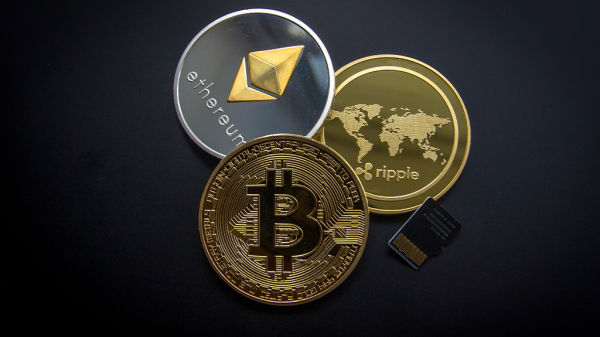Net neutrality may bite the dust thanks to the FCC’s December 14th vote. While most of us are lamenting what this means for the internet as a whole, specific implications continue to arise.
If the Restoring Internet Freedom Order remains unchallenged, net neutrality may end up in a shallow grave. This spells disaster for equal access to sites and speeds, and will also likely impact the cryptocurrency market.
Cryptocurrency thrives on a free, untethered market. Though technically unregulated, checks and balances are in place to keep networks secure and equally accessible.
In the absence of net neutrality, Internet Service Providers (ISPs) can basically do whatever they want. Stripping Title II protection as outlined in the Communications Act means the internet will no longer count as a regulated utility like water and electricity.
These protections prevented ISPs from blocking legal sites and content, and didn’t allow for favoring the speed of internet traffic. Without this classification, the internet will be considered part of the free market.
If an ISP wants to severely throttle the speed of a site, or even cut off access entirely, they can. Shutting down entire exchanges could lead to the resurgence of Silk Road-type law evading black markets.
Cutting off access may also lead to disasters like the scandal of Mt. Gox, a Tokyo-based Bitcoin exchange that filed for bankruptcy in 2014. Hundreds of thousands of its customers’ Bitcoin were lost or stolen, leading to plenty of fun lawsuits.
ISPs could also go the route of prioritizing some platforms by offering faster access, better security, and speedier transactions. Smaller exchanges may suffer from throttled speed.
Established ISP monopolies may opt to choose a preferred Bitcoin exchange platform and shut down competitors in the area by throttling speed or completely blocking sites.
This would severely limit investors’ options, further encouraging black market activity.
Theoretically, ISPs could even start issuing their own cryptocurrency and offer discounts on internet packages to customers using their currency.
Although these potential changes are taking place in the U.S., the global crypto market will be affected.
Legislation modification in the U.S. certainly won’t decrease demand for cryptocurrency. Let’s just cross our fingers for all those counter-suits and challenges to the FCC’s ruling and hope this is a bad dystopic dream.
Lindsay is an editor for The American Genius with a Communication Studies degree and English minor from Southwestern University. Lindsay is interested in social interactions across and through various media, particularly television, and will gladly hyper-analyze cartoons and comics with anyone, cats included.













































Darrell Birkey
January 3, 2018 at 12:02 am
Net neutrality was only here for two year and cryptocurrencies have been around much longer. ISP’s make money by providing service not blocking service. With new coming technologies especially wireless and satellite tech, if one ISP were to do what you fear, customers would flee other ISP’s.
Pingback: New FCC director means new future for data caps and net neutrality